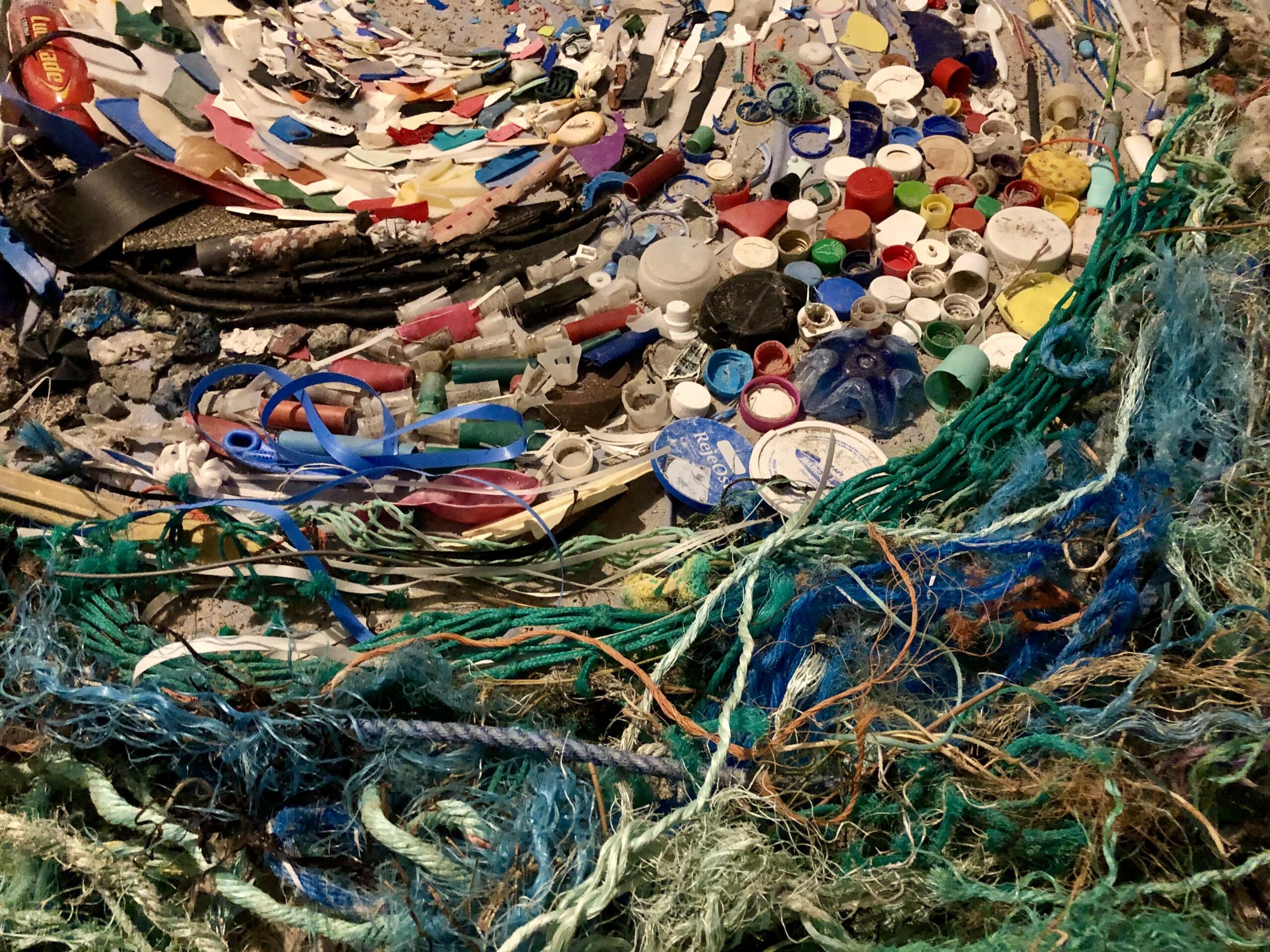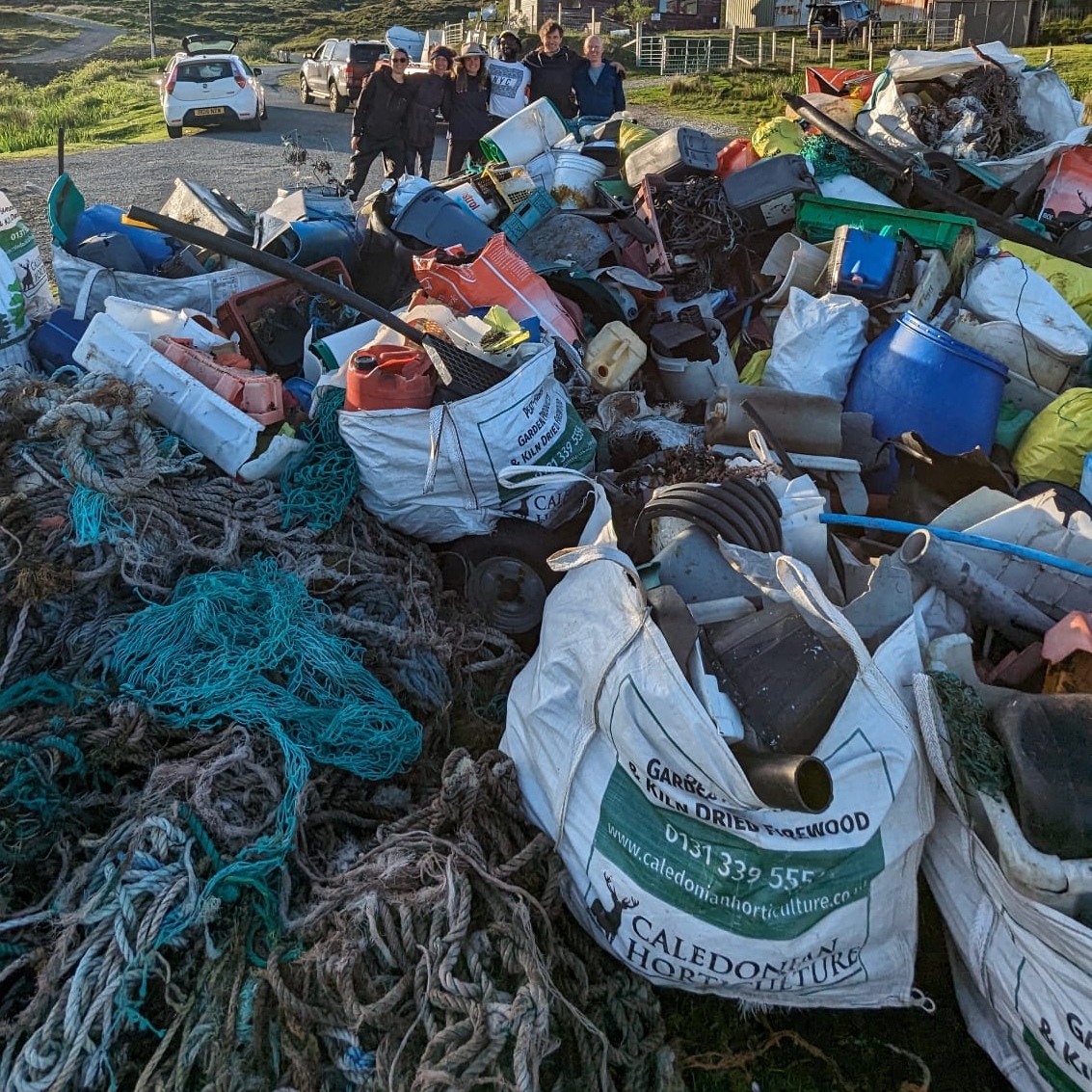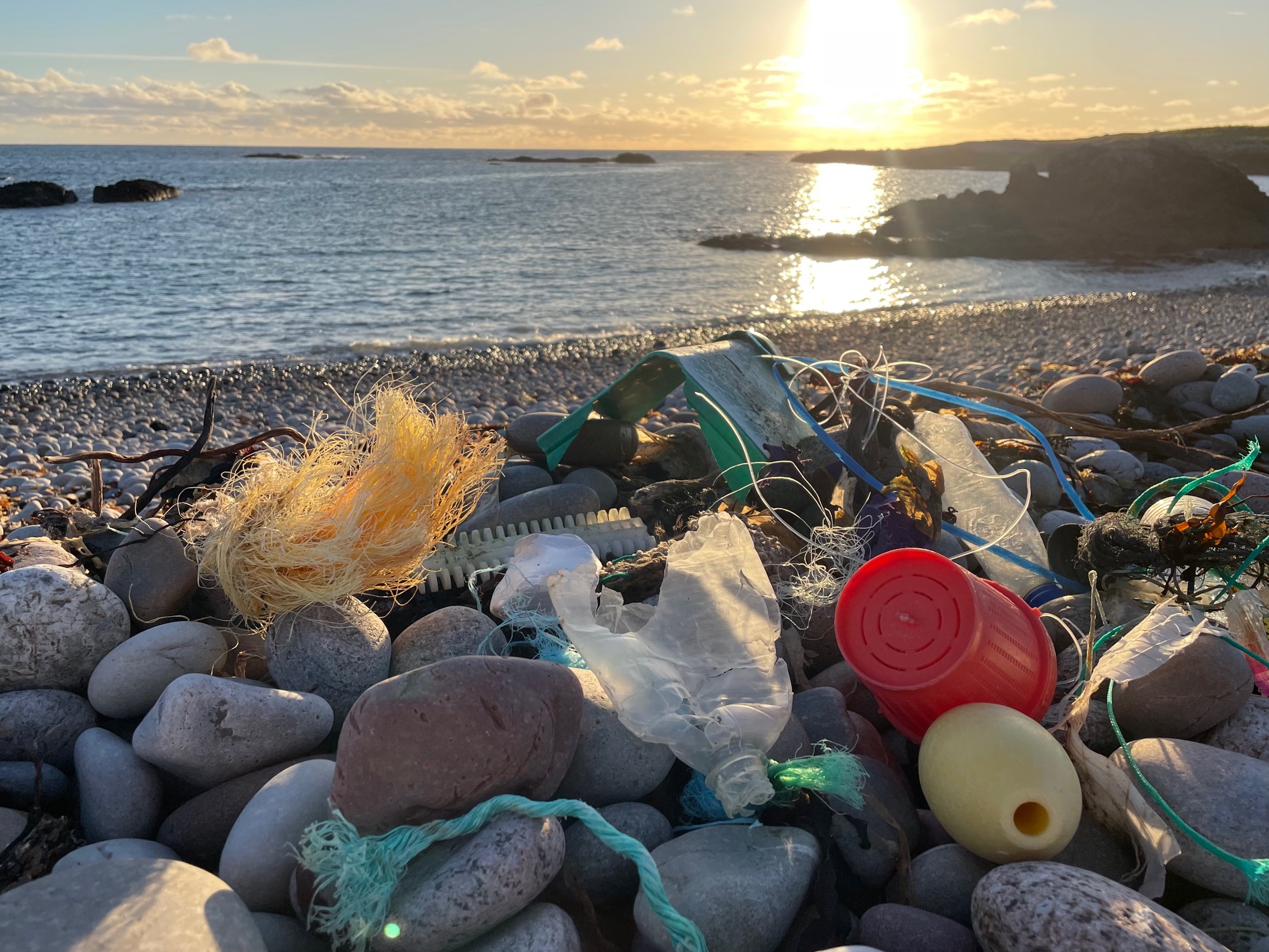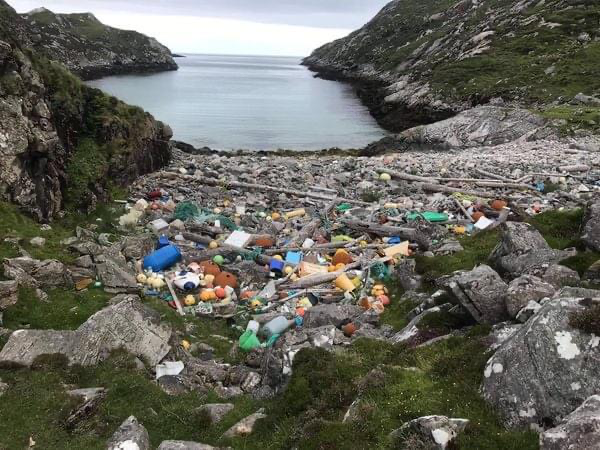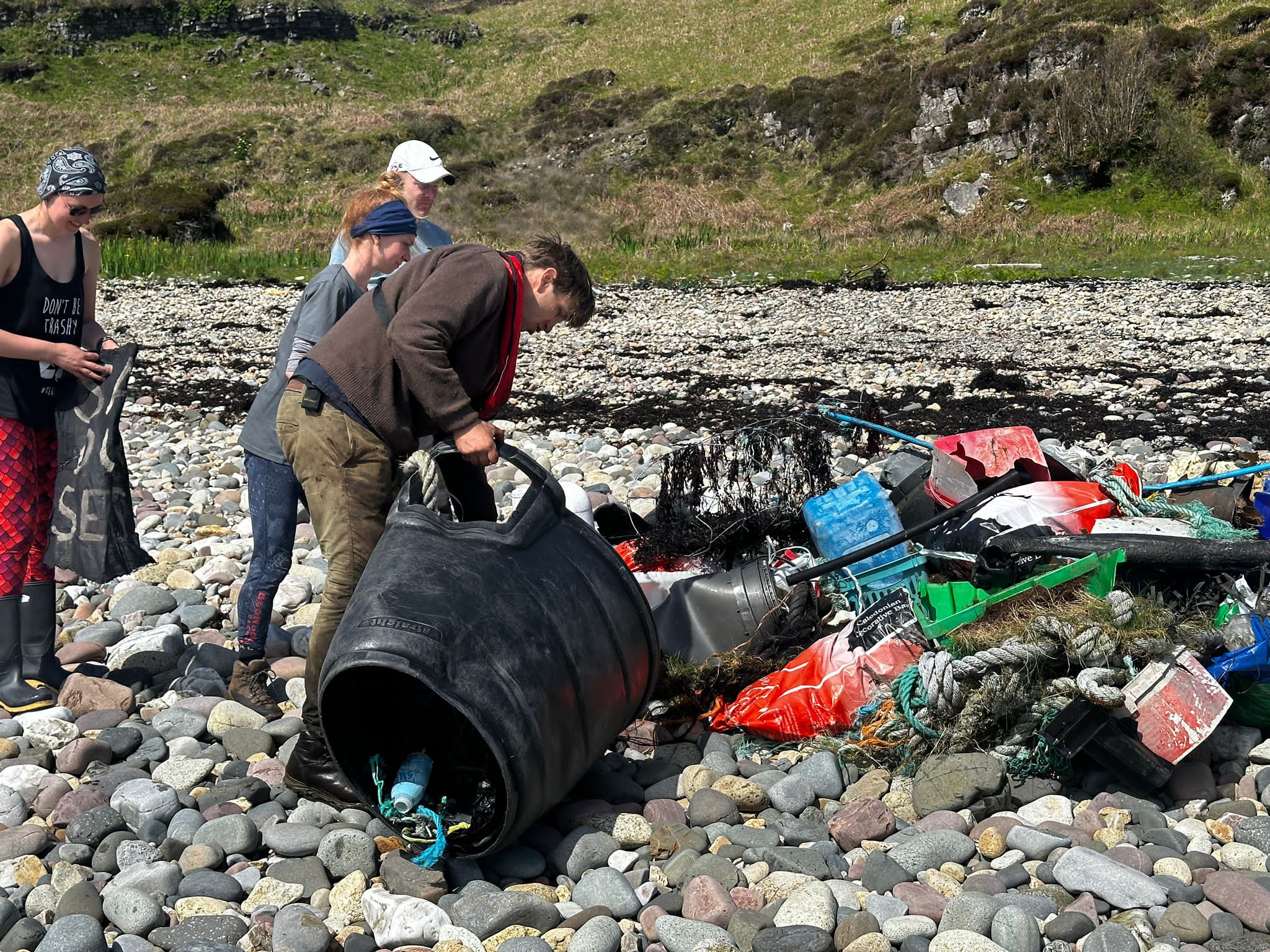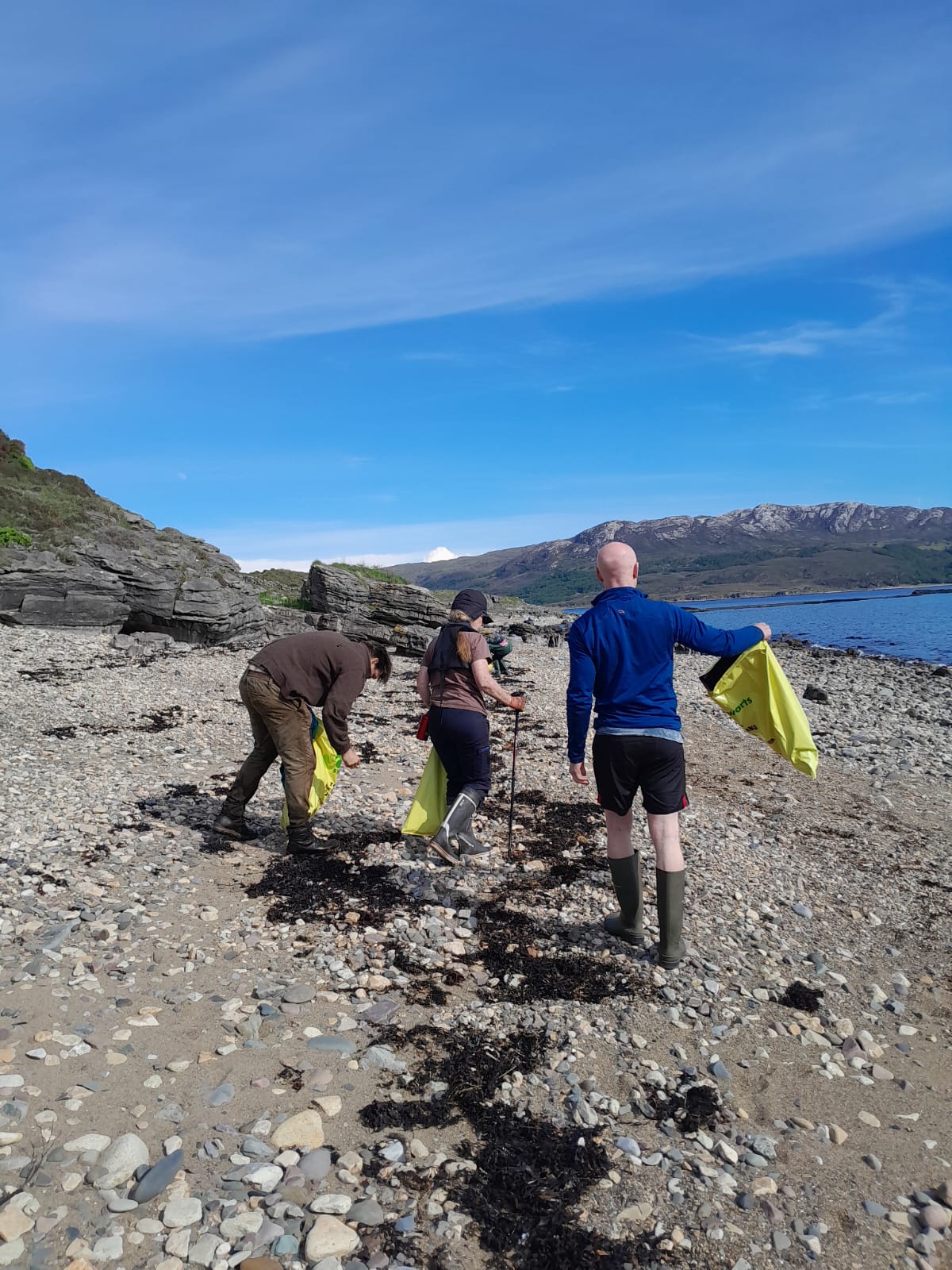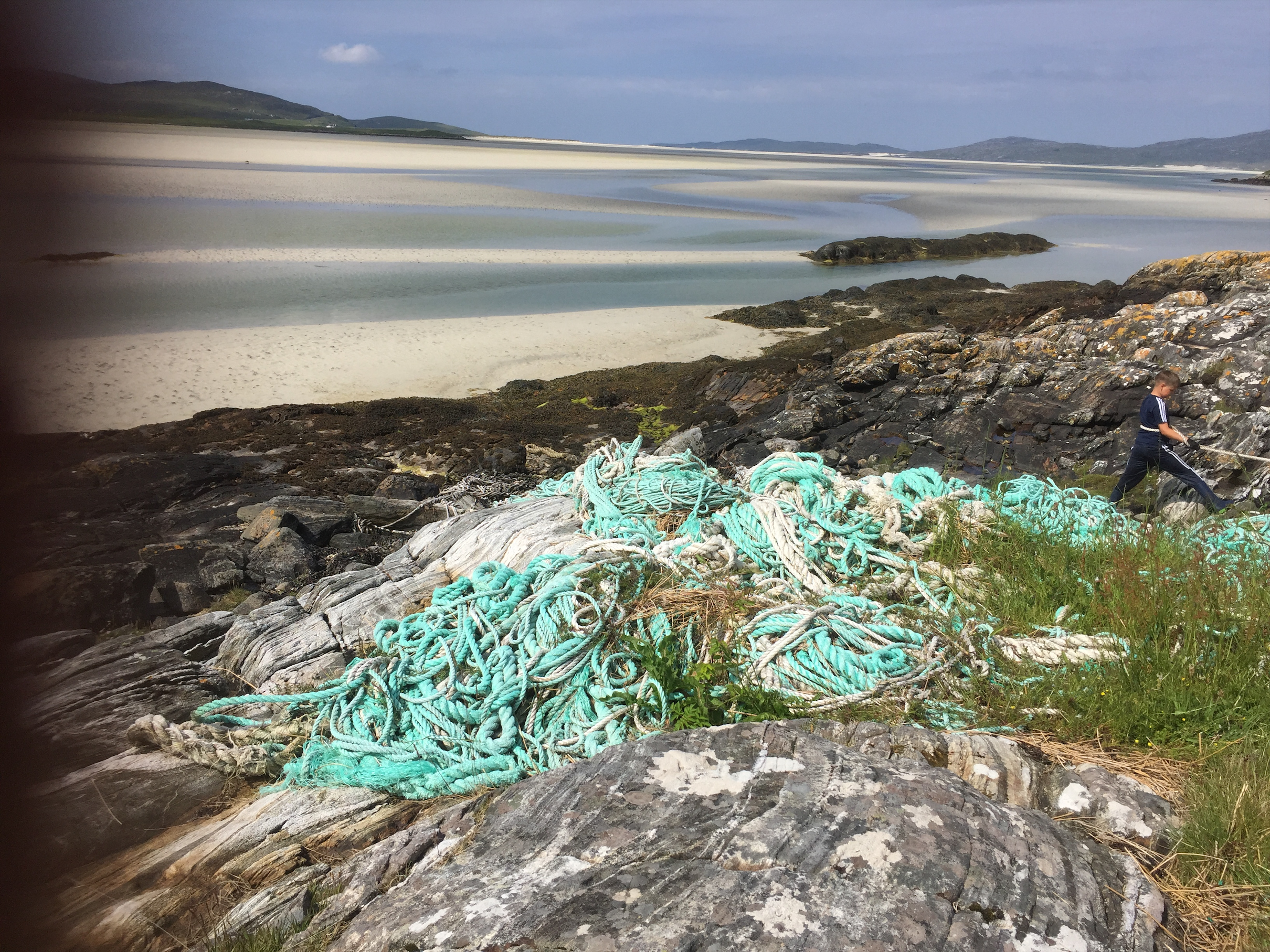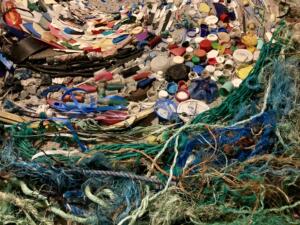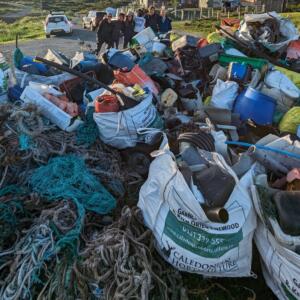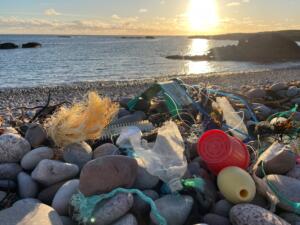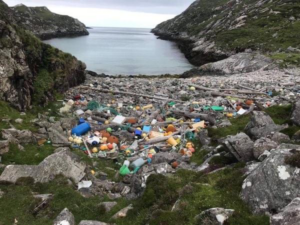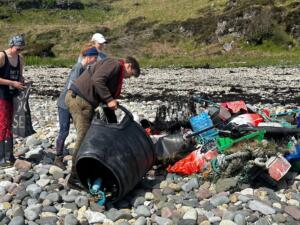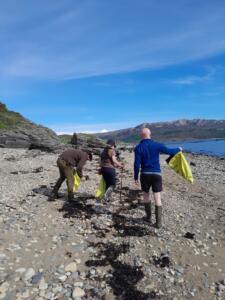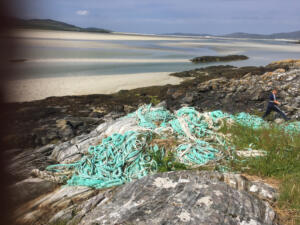
Grants
Tackling environmental threats
Marine Litter data collection and monitoring on Scottish Islands
£14,270 awarded
The Challenge
“From entanglement and ingestion by marine species to the disruption of food chains, plastic pollution wreaks havoc on marine life” – United Nations Environment Programme (more here).
In Scotland, these negative impacts extend beyond the marine environment, causing wider problems such as “public health issues, impacts on aesthetics, and a wider range of economic impacts across industries reliant on our coastal and marine environment”.
Islands face additional challenges due to their exposure to storms, and are more vulnerable to the social and economic impacts of litter due to their higher dependence on coastal and marine resources.
Introduction to project
The Scottish Islands Federation (SIF) work to address common challenges and represent community interests across a network of 93 inhabited Scottish Islands. They formed a Marine Litter Working Group to focus on the issue of marine litter, identifying that there was a lack of data. More consistent data collection was identified as a priority in order to demonstrate the scale of the problem to residents, councils, and the Scottish Government in order to influence policy decisions.
SIF thus approached HIEF for funding in Autumn 2022, with the aim to develop and trial a methodology that would collect detailed and robust data on marine litter across the Scottish island network. The £14,270 awarded went towards staff costs, equipment, and training events and workshops.
Images showing the extent of marine litter across Scotland’s islands. Courtesy of SIF.
- Images 1 & 3: Catriona Spink, Ocean Gives
- Images 2, 5, & 6: Violet Fraser
- Images 4 & 7: Janet Marshall, Clean Coast Outer Hebrides
Project Activities
The Marine Litter Working Group chose to collaborate with the Marine Conservation Society (MCS) and adopt their tried and tested Beachwatch methodology. This UK-wide citizen-science programme involves volunteers surveying the different pieces of litter found along a beach transect, allowing for regional comparisons in terms of litter quantity and type – crucial evidence for campaigning and policy work.
The Beachwatch methodology was adapted to reflect the islands’ unique coastal characteristics, for example the transect length was reduced from 100m to 10m on beaches where there were large quantities of litter to make the task more manageable.
The project engaged with community groups from all over: the Northern Isles, Outer Hebrides, Small Isles, Inner Hebrides, and Bute & Arran. More widely, SIF collaborated with MCS, SAMS, the Scottish Marine Directorate, Harbour Authorities, and the Fishing and Aquaculture industries.
The Marine Litter Development Officers at SIF supported community groups through resource packs, visits in-person, “Train the Trainers” workshops and additional MCS-led events.
Data collected was fed into the Beachwatch database and analysed by the MCS team in both the island-specific and national contexts. Results were disseminated through reports by both SIF (eg. 2023 report) and MCS (State of Our Beaches 2023), as well as through social media and direct communication with stakeholders.

Outcomes and impact
In 2023, there was an 148% increase in Beachwatch surveys, with 156 surveys submitted across a wider range of islands than had previously been covered. This made up an impressive 42% of all Scottish surveys.
One key result was that 59% of marine litter found on island beach came from marine-industry sources. On the mainland this figure was just 15%.
Analysis also found that “median litter density recorded on the island surveys (339 items/100m) was approximately double that recorded on the mainland surveys (167.5 items/100m) reflecting the relatively high abundance of litter experienced on many island coastlines”.
Once analysed, the results were used to advocate for crucial policy change. The SIF MLWG team actively participated in Government consultations on fishing and aquaculture equipment, merchant shipping regulations, waste management, and plastic manufacturing. Data also contributed to the campaign and policy work of MCS, who are instrumental in bringing about marine policy change. A recent policy success was the passing of the Circular Economy Bill in June 2024, bringing Scotland “another step closer to reducing beach litter” (MCS).
Legacy
The SIF Marine Litter Project led on to additional funding that HIEF awarded in 2023 (see here) to expand their Beachwatch programme across the Highlands and Islands. Additionally, HIEF recently supported SIF to pilot drone surveying for marine litter analysis (see here).
The project was recently shortlisted for the Nature of Scotland Awards (more here).

